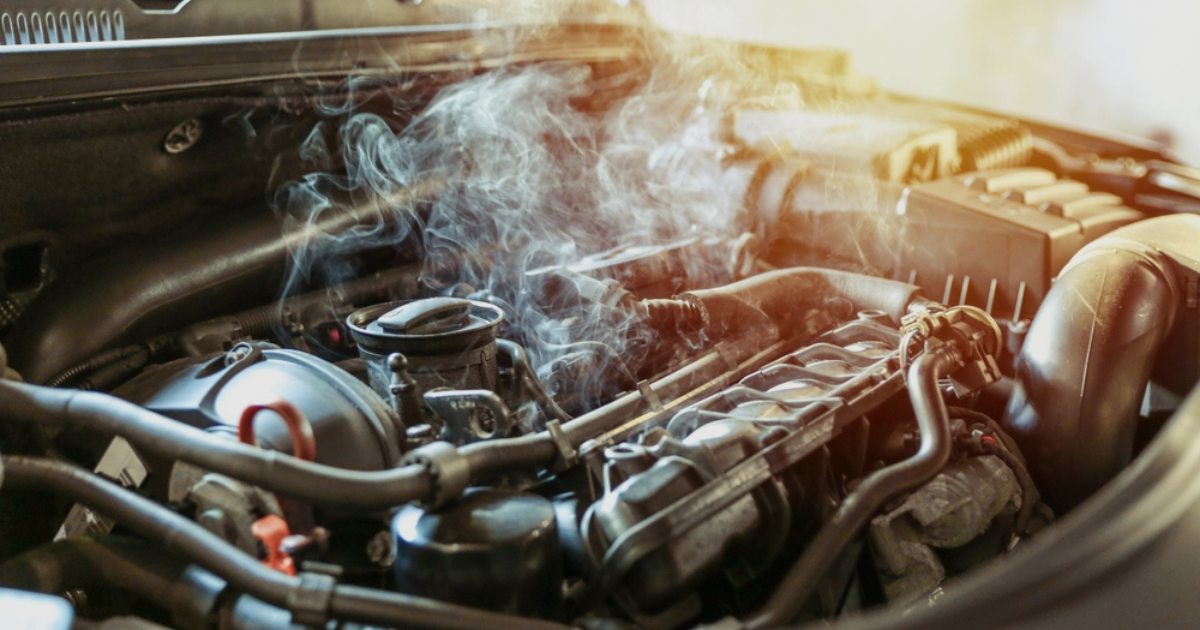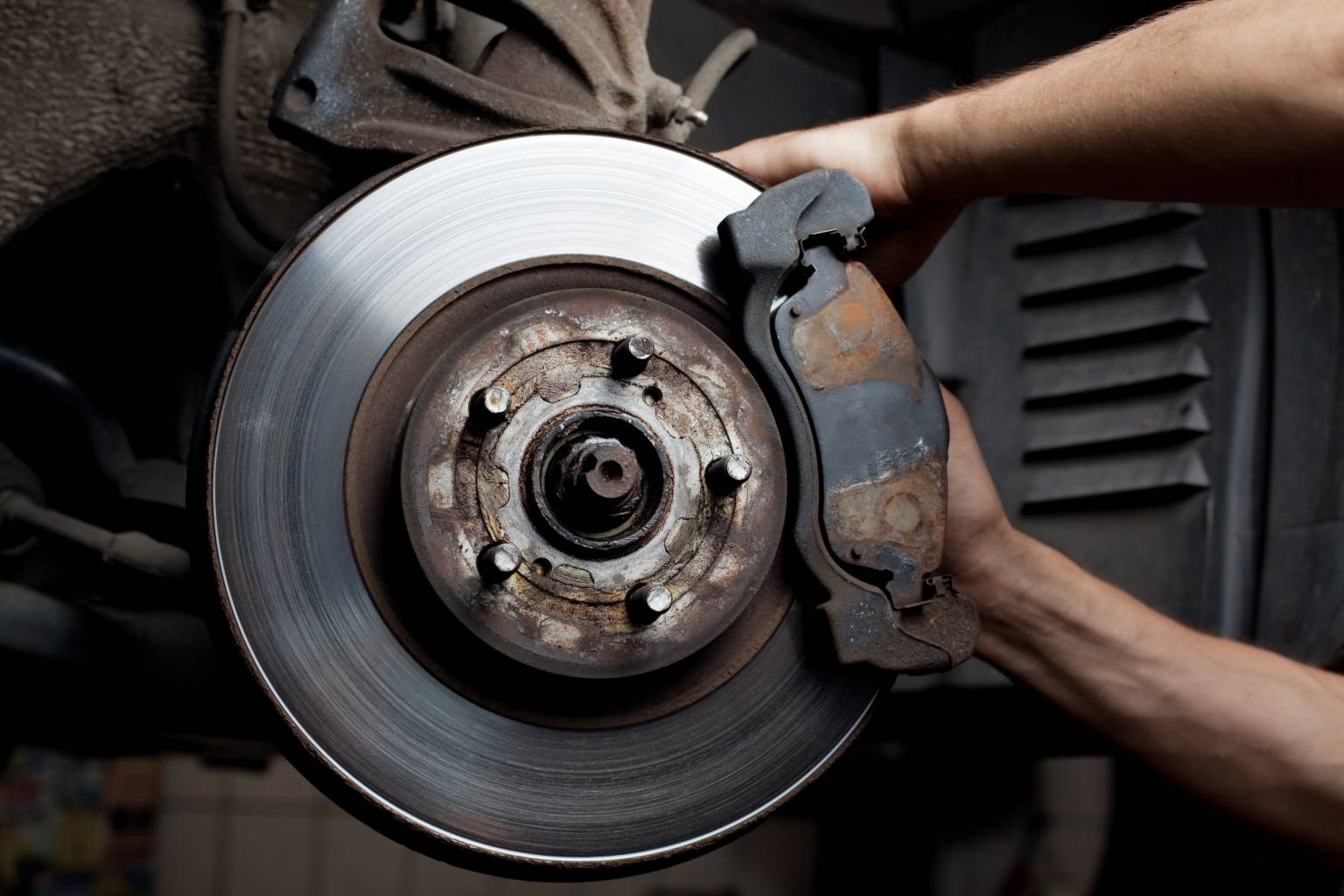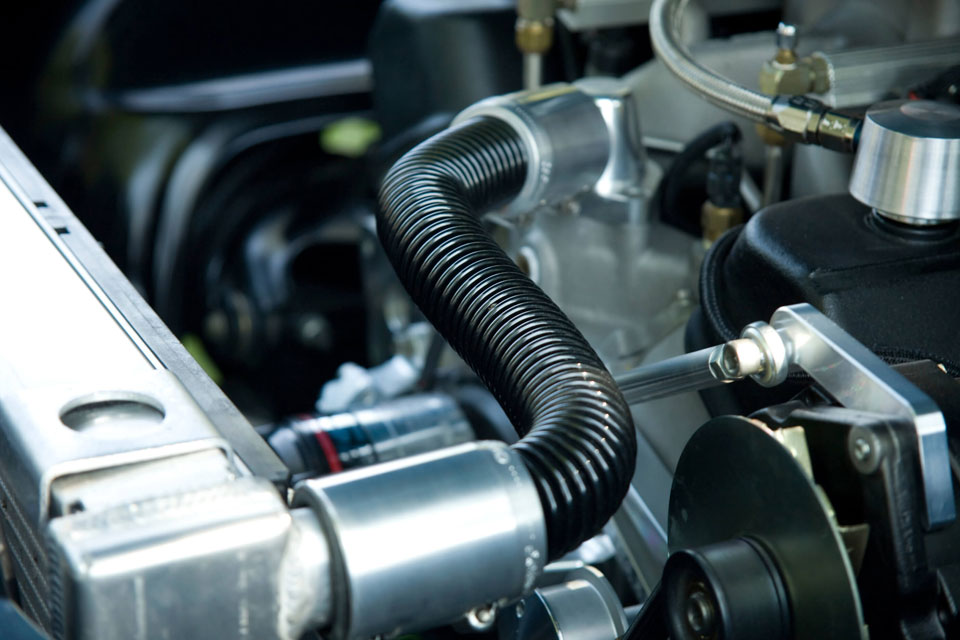Just as our mood shifts with the season, so does your vehicle’s performance — especially the engine cooling system. Changing weather can turn a simple drive back home into a rollercoaster of an experience.
As an important car component, when functioning properly, the engine cooling system keeps your engine at a safe operating temperature, preventing it from overheating and potential damage. However, shifting weather conditions can put a strain on it.
Ahead, we will explore how hot, rainy, and cold weather can impact your engine cooling system.
How Hot Weather Impacts Your Engine Cooling System
Heading on a road trip on a scorching summer day? Here are some ways high temperatures can affect your engine cooling system:
Rubber Hose Breakage
Have you ever left rubber bands out in the sun, only for them to dry out and break? The rubber hoses in your engine’s cooling system face the same fate. Heat can dry out rubber hoses, making them brittle and prone to cracking which leads to leaks and overheating when you don’t expect it.
Unpredictable Overheating
You might have to deal with an overheating engine if the system’s coolant isn’t the right level or has degraded.
Your engine has to work harder during hot weather. The engine cooling system has to keep things in check and regulate the car’s temperature.
Issues with Radiator Cap
With rising temperatures, the pressure within the cooling system also increases. A radiator can’t keep up with this pressure, leading to coolant loss and eventually, an overheating engine.
Coolant Evaporates
Just as we need water on a hot day, the engine relies on sufficient coolant. However, due to high temperatures, the coolant may evaporate, reducing its effectiveness. It’s important to get an inspection as summer arrives to check whether or not your engine is at the risk of running low on coolant.
ALSO READ: How Do I Know If My Rotors are Bad? Your Guide to Brake Service
How Rain Affects Your Engine Cooling System
Even rain can impact your engine cooling system, and here’s now:
Electrical Issues
When water infiltrates into the electrical connections, they can affect the sensors that monitor the temperature. This causes the cooling system to get inaccurate readings, and potentially overheat in case the cooling system isn’t operating properly.
Excessive Moisture
Rain water can penetrate into your car engine, impacting various components, including the cooling system. When moisture dilutes into the coolant, it loses its effectiveness. Plus, excessive moisture can also cause rust and corrosion in the cooling system.
Road Grime Buildup
Have you ever parked your car outside during the storm only to find it covered in muck? The debris finds its way into the cooling system, affecting its performance. A dirty system may overheat easily.
Temperature Changes
Sudden changes in temperature may make it harder for the engine to adapt from warm to cool. When it does finally warm up, the extra effort might cause the system to eventually heat up. A maintenance company can help you keep your engine cooling system in top condition so that it can deal with changing weather effectively.
How Cold Weather Impacts Your Engine Cooling System
You might think your engine cooling system gets a break as the temperature drops but the cold weather comes with its own set of challenges.
Hose and Seal Breakage
Just as in hot temperature, rubber hoses and seals can also become brittle in cold temperatures, leading to leaks. With regular inspections, you can catch this issue before it escalates.
Coolant Freezes
Cold temperatures can cause a coolant to become thick and sluggish, which makes it harder for it to circulate. When the coolant can’t move through the engine cooling system efficiently, it struggles to manage the temperature. It may also freeze when not properly mixed, blocking the flow. This could lead to catastrophic engine damage.
Reduction in Engine Efficiency
Cold temperatures can also make your engine feel sluggish. Cold air leads to less efficient combustion, so your engine makes it harder to reach optimal temperatures, which slows it down.
Condensation in the System
Cold air can lead to condensation forming in the engine cooling system, which may promote rust and corrosion over time if left unaddressed. It’s important to get a routine check up to keep the system running efficiently during harsh weather.
Get Expert Engine Cooling System Maintenance Services at Quality 1st Auto Repair
From summers, to rains to the biting cold of winters, it’s important to be careful about the maintenance of your engine’s cooling system.
Proper upkeep saves you from frustrating and costly repairs. Need expert help? Quality 1st Auto Repair is here to assist. You. Our dedicated team focuses on keeping your vehicle running smoothly during any weather.
Contact us today, and let us prepare your car for whatever Mother Nature throws at it.




